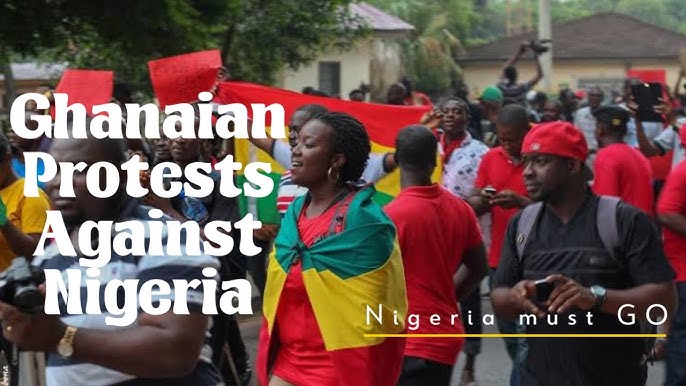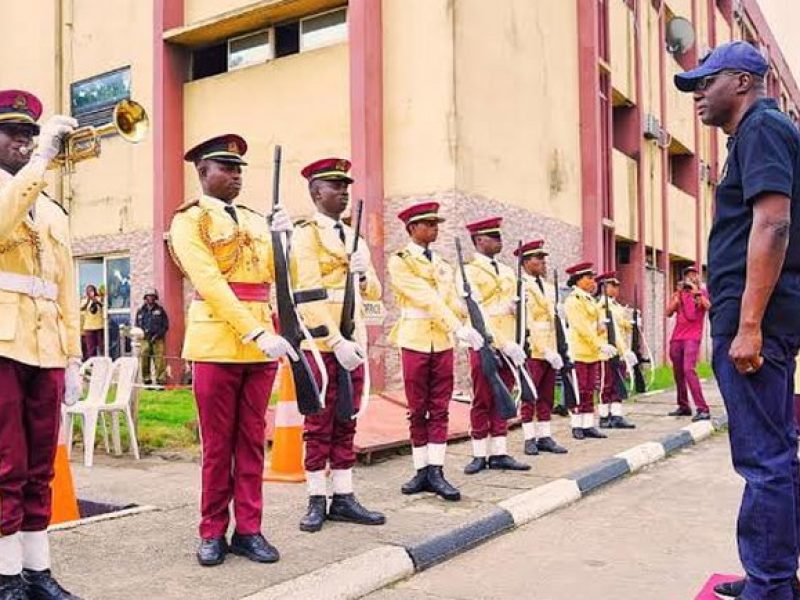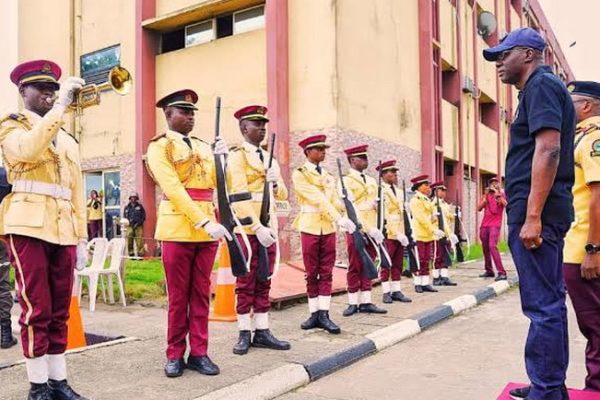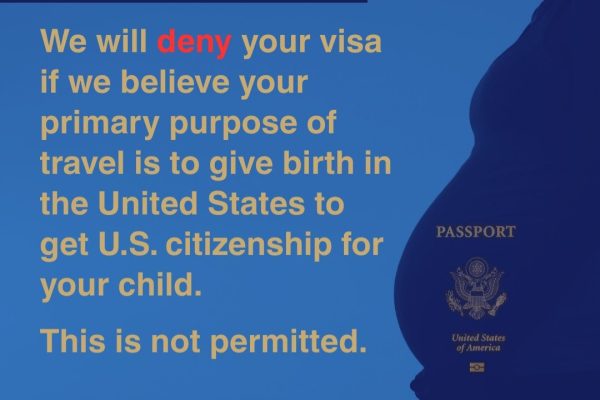In recent weeks, a series of protests have emerged in parts of Ghana, as some Ghanaians took to the streets to voice frustrations over alleged criminal activities linked to a number of Nigerian nationals living in the country. While the protests have remained mostly peaceful, the rhetoric surrounding the demonstrations has raised concerns over rising anti-Nigerian sentiments and the strain it could place on Ghana-Nigeria relations.
The Protests: What Happened?
The protests were triggered after a wave of reports circulated on social media and local news about criminal incidents—ranging from cybercrime and drug-related activities to violent robbery—allegedly involving Nigerian nationals in areas like Accra, Kumasi, and Takoradi. Some protestors demanded stricter immigration controls, background checks, and even deportations for foreigners involved in crime.
Though many Ghanaians acknowledged that not all Nigerians are criminals, the growing perception—fueled by a few high-profile cases—has led to tension between citizens and members of the Nigerian community. The situation recalls past diplomatic frictions, including business closures and xenophobic rhetoric targeting foreign nationals, especially those from Nigeria.
Nigerian Government Responds
In response to the growing concerns, the Nigerian High Commission in Accra issued a statement calling for calm and assuring both governments that it was engaging with Ghanaian authorities to ensure the safety of Nigerians and a fair legal process. The statement condemned any criminal activity by Nigerians and reiterated that such actions, if proven, do not represent the values of the majority.
“We are working closely with the Ghanaian government to address these issues in a way that upholds justice without fueling xenophobia,” the High Commission noted.
Ghana’s Ministry of Interior also called for restraint, urging citizens not to take the law into their own hands and to report criminal activities through official channels. Security agencies have been asked to intensify surveillance and vet all foreign residents suspected of illegal activities, regardless of nationality.
Beyond Borders: Time for Self-Reflection
While it’s important to investigate and verify allegations before drawing conclusions, the protests highlight a painful truth: a small number of Nigerians living abroad have engaged in actions that tarnish the image of the entire country. Unfortunately, these few overshadow the vast majority who are law-abiding, hardworking, and contribute meaningfully to the societies they live in.
It is time we, as Nigerians, especially the youth abroad, take a deeper look at the consequences of individual actions on national reputation. The world is increasingly interconnected, and one scandal can go viral in seconds—painting a picture that may take years to erase.
Our brothers and sisters who travel to Ghana, South Africa, the UK, or elsewhere must understand they are not just representing themselves—they carry Nigeria’s identity with them. In a time when global perception shapes investment, tourism, and diplomatic engagement, our conduct abroad matters more than ever.
Upholding Dignity, Rebuilding Trust
To the many honest Nigerians in Ghana and around the world: continue doing what is right. You are the ambassadors who can help change the narrative—through your work, community service, and daily interactions.
To those tempted by shortcuts through fraud or crime: the consequences will not only fall on you but also on your family, your community, and your country.
Let us not give other nations the excuse to generalize or to shut their doors on Nigerians. Instead, let us win back respect, one action at a time.
A Call to Unity and Cooperation
This is also a time for both Ghana and Nigeria to rise above tensions. Our histories, economies, and cultures are too deeply connected for us to be divided by criminal elements. Governments on both sides must strengthen cooperation on law enforcement, immigration, and cultural exchange. Dialogue—not division—must be the way forward.
The recent protests are a wake-up call. Let them push us, not into fear or shame, but into action—toward a future where the Nigerian name is synonymous with excellence, not controversy.











